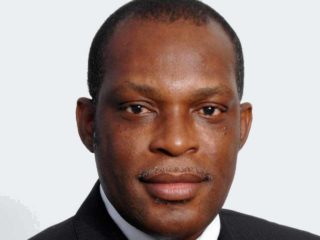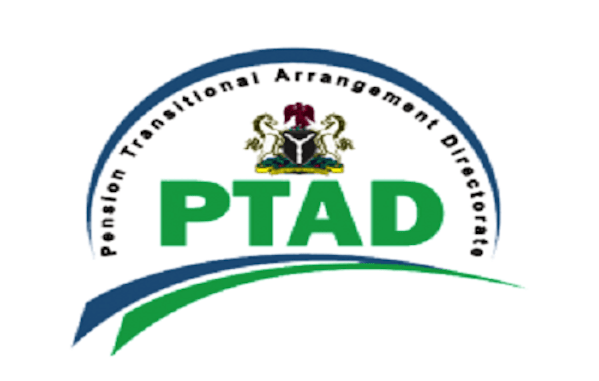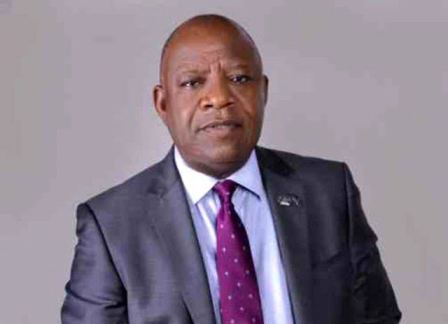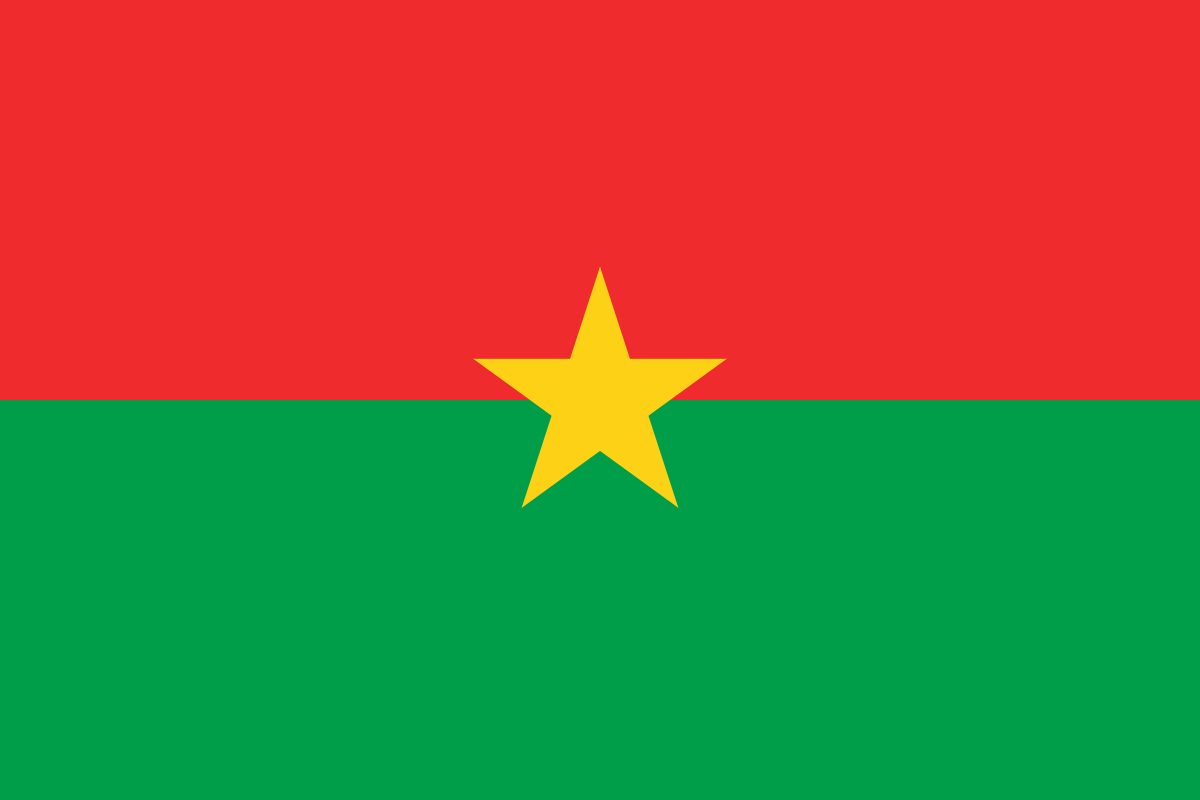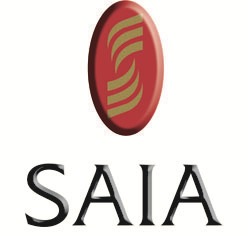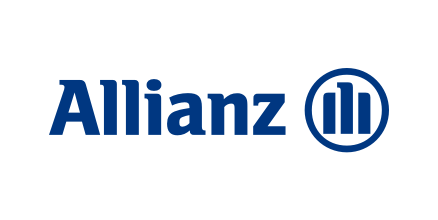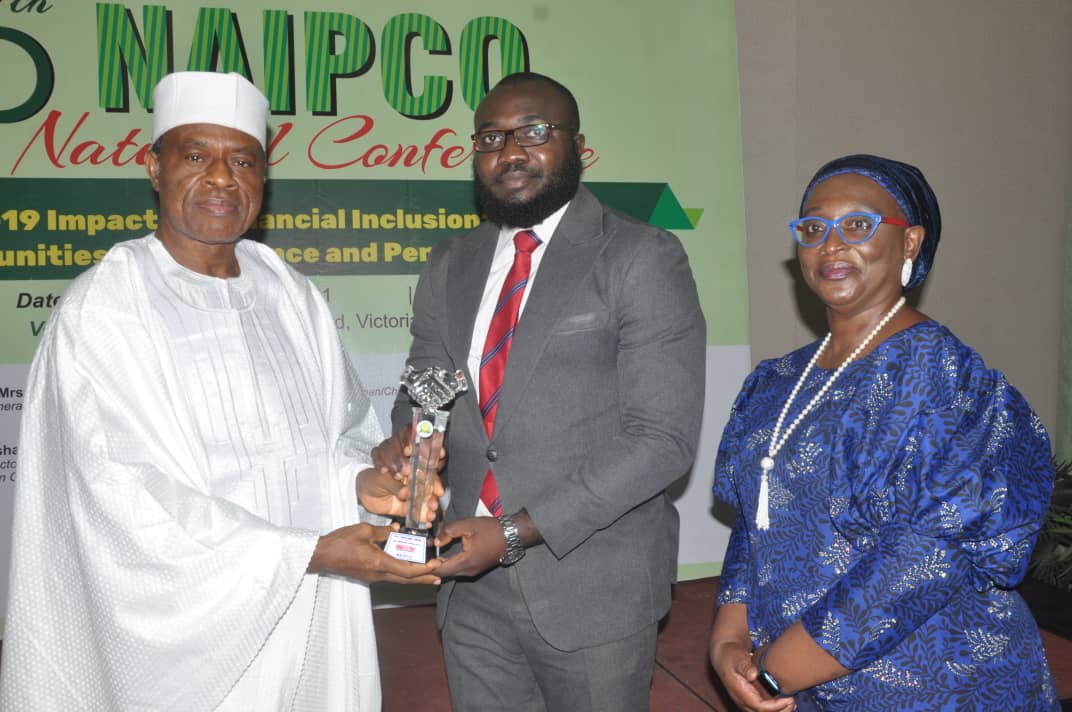CHI renews N24m GPA cover for journalists till Sept 30, 2022
By Favour Nnabugwu
Consolidated Hallmark Insurance(CHI) Plc, has renewed the N24million group personal accident insurance cover for insurance journalists in the country for another year to elapse 30th September, 2022.
This annual policy which has been on cover since 2012 for all members of National Association of Insurance and Pension Correspondents (NAIPCO), is part of CHI corporate social responsibility (CSR) project.
The cover which began 1st October, protects journalists exposure to danger and hazard on the line of duty, it covers death, permanent disability and medical expenses.
The group managing director/CEO, CHI, Mr. Eddie Efekoha said this gesture is to identify with NAIPCO members and show value and respect for journalism, who are the shaper of the society, and by extension, the insurance industry.
Journalism, he said, is a risky profession, hence, the need to adequately provide insurance for those covering the insurance industry.
In the case of the death of any of the concerned journalists, he said, the family of the deceased is entitled to N1 million death benefits. He explains, “A journalist who suffers permanent disability in the discharge of his duties will also be entitled to N1 million. The cover provides for medical expenses to the tune of N200,000 per journalist in the case of an accident.”
The chairman, National Association of Insurance and Pension Correspondents(NAIPCO), Mr. Chuks Udo Okonta, commended the firm for the cover reiterating that the association appreciates the yearly renewal at no cost to the association, showing how much the company endorses the role of journalists in the society to discharge their duties without let or hinderance at all times.

